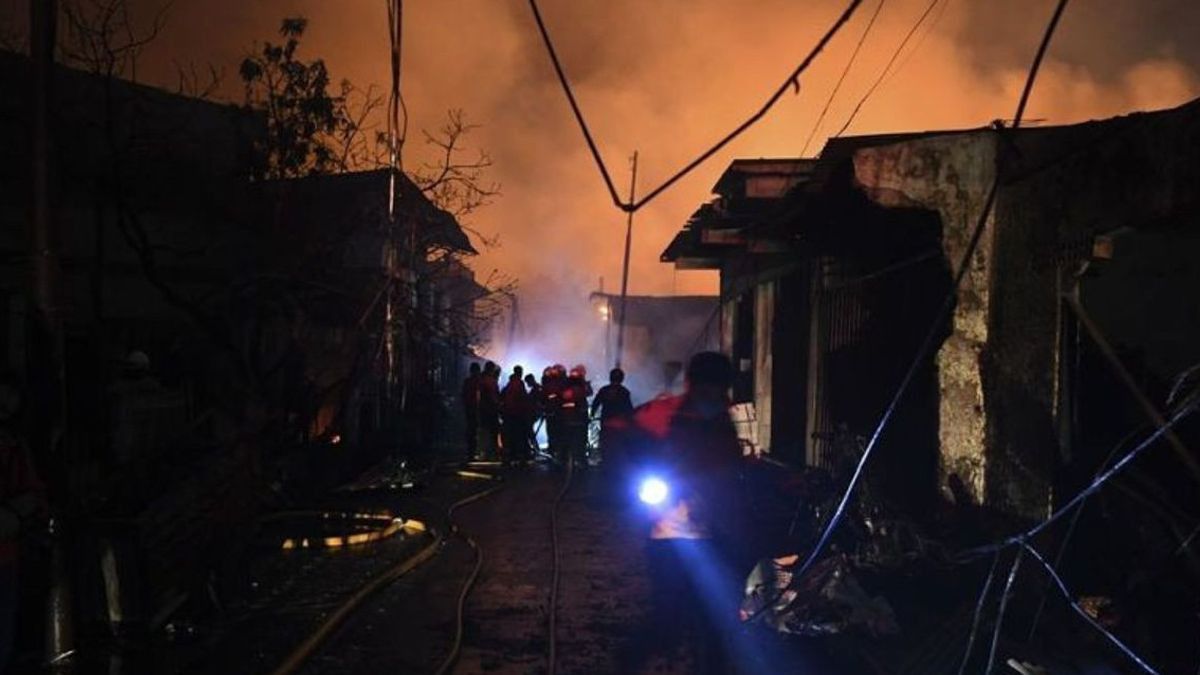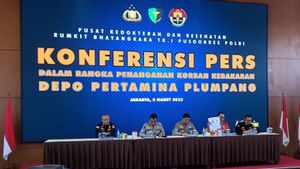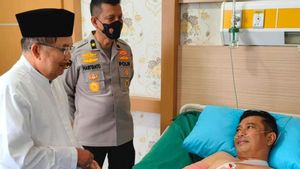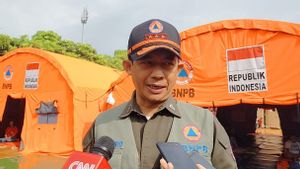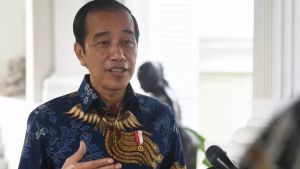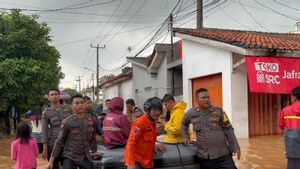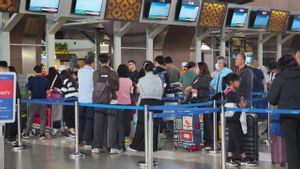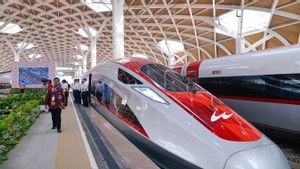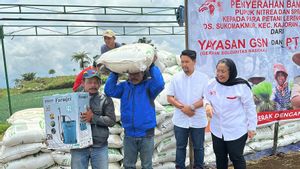The fire at the Plumpang Pertamina Depot, North Jakarta, in early March 2023 caused huge losses to the surrounding community. As reported by VOI on March 5, the fire resulted in 17 deaths, 49 people were seriously injured, 2 people were moderately injured, the whereabouts of 18 people are unknown and 1,085 other people are still seeking refuge in a number of refugee camps.
As an effort to prevent similar incidents in the future, President Joko Widodo (Jokowi) proposed building a buffer zone around the Plumpang Pertamina Depot. The buffer zone should be the water area around the Plumpang Depot. The aim is to maintain the security and safety of the surrounding community and minimize the impact of fires in the area.
However, the plan to build a buffer zone is still facing problems in finding solutions for residents who are already there. After the latest fire that spread to residents' settlements in Tanah Merah Bawah, Jokowi emphasized that there must be a relocation that separates the depot from the residents' settlements. Jokowi gave two relocation options, which are moving the depot to the Jakarta reclamation island, or moving settlements from the location of the former depot fire.
At the same time, the Minister of State-Owned Enterprises, Erick Thohir also asked State-Owned Enterprises that have national vital objects to reorganize their areas and relocate residents who live around national vital objects, such as the Plumpang Pertamina Depot. This is done to minimize the risk of fire and ensure the safety and security of the surrounding community.
Regional realignment is important for several reasons. First, Pertamina's buffer zone from 1971 to 1987 was very safe, but after the 1998 reform, a lot of land was lost. This causes Pertamina to build tanks near residential areas, thus creating a security risk. Second, the increasing number of motorized vehicles in the surrounding area also adds to the security risk.
In the case of the fire at the Pertamina Plumpang Depot, the government has proposed building a buffer zone around the depot and separating the depot from residential areas. However, this plan still faces obstacles in finding solutions for residents who are already there. Therefore, it is necessary to conduct a thorough study involving all relevant parties, including residents, so that the solutions adopted meet the needs of all parties.
In addition, the relocation of residents from areas around national vital objects cannot be carried out unilaterally. Residents must be given the same rights to obtain adequate housing and access to the resources needed to live. This must also be done by paying attention to social, economic, and environmental aspects, so as not to cause negative impacts on society and the environment.
VOIR éGALEMENT:
In order to achieve the goal of good regional planning, it is important for all parties to work together and collaborate. Government, private sector, and society must work together in developing innovative and sustainable solutions. Apart from that, the active participation of the community is also required in the area planning process. Communities around the Plumpang Pertamina Depot must be prepared and given a good understanding of the benefits and urgency of restructuring this area. Relevant parties must involve the community in the decision-making process and provide transparent and accurate information about the area management plan and its impact on the community.
In addition, the solutions found must be sustainable and environmentally sound. In the process of structuring the area, attention must be paid to waste management and the environmental impacts generated by activities at the Plumpang Pertamina Depot. The solutions found must be able to reduce fire risks and environmental impacts, while improving the quality of life of the surrounding community.
In an effort to organize a good area, it is also necessary to have strict regulations and supervision. The government must ensure that regulation and supervision of activities at the Plumpang Pertamina Depot as well as other vital objects meet the established safety and environmental standards. The government must also be able to enforce laws and sanctions to those who break regulations and pose a risk to local communities.
The English, Chinese, Japanese, Arabic, and French versions are automatically generated by the AI. So there may still be inaccuracies in translating, please always see Indonesian as our main language. (system supported by DigitalSiber.id)
